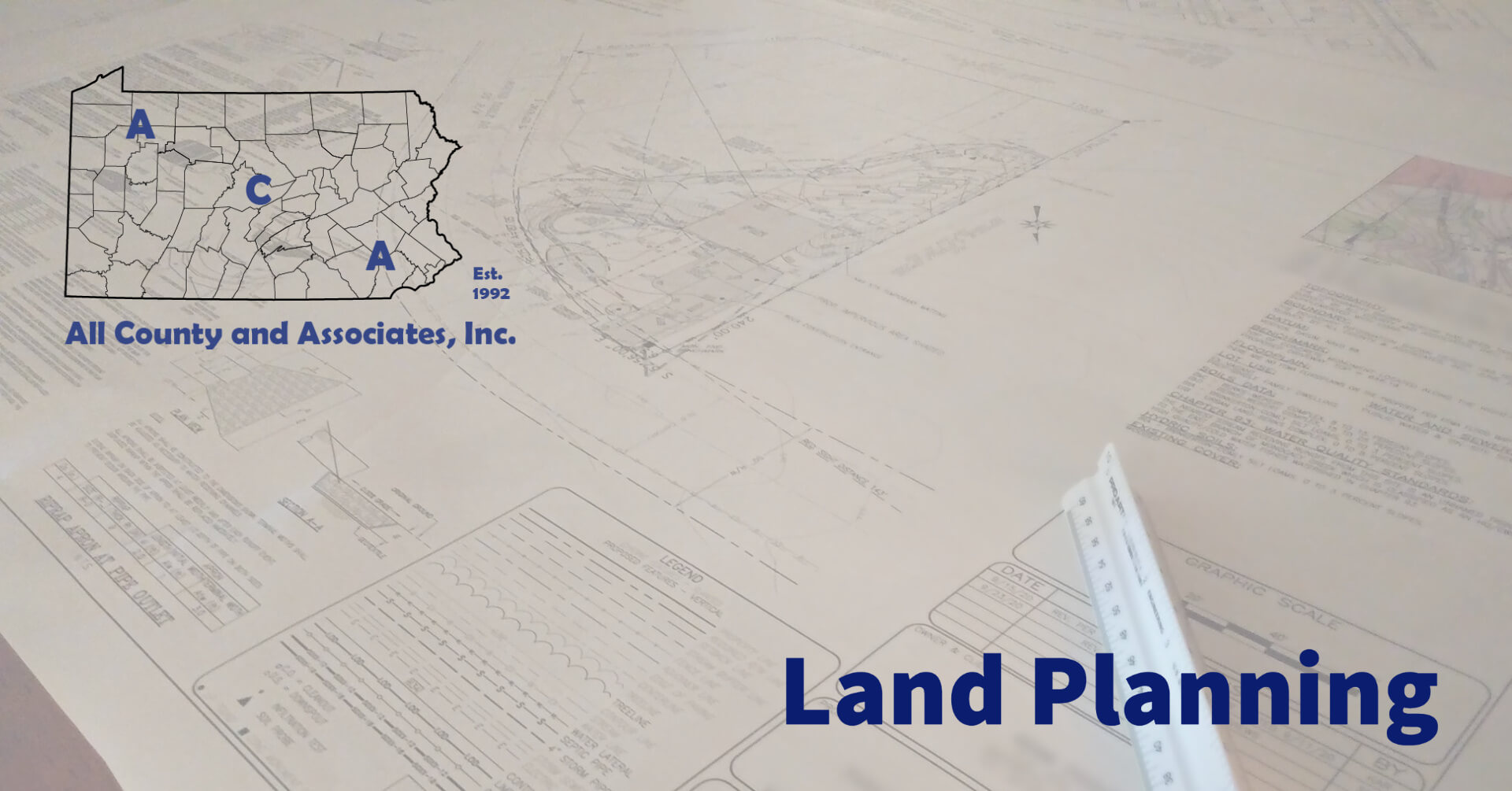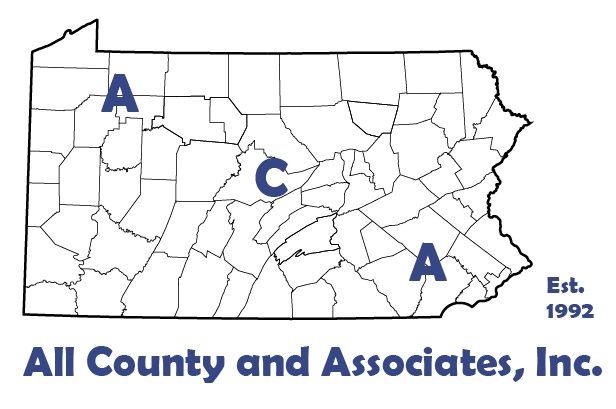
This week marks the middle of our 7-part series on land planning in Pennsylvania. In our last post, we talked about the Zoning Ordinance and the Zoning Officer. Now we look at the body who hears appeals related to the ordinance and officer.
Zoning Hearing Board Introduction
What is a zoning hearing board (ZHB)? Like a planning commission, the ZHB is an appointed is a body of citizens. Unlike the planning commission, these members form a quasi-judicial body. Thus, they can render decisions. But they do not have any legislative power. Nor can they make or modify an ordinance, or policy.
The ZHB consists of three or five members, all legal residents of the municipality. This means they must maintain a physical address within the borders of the municipality. Additionally, they cannot hold an elected office or be a member of the planning commission. The years of appointment correspond with the number of members. This allows for one member to come up for reappointment every year.
There are a few general operating procedures of the board. First, the board selects its own officers, like a planning commission. Next, the board must have a quorum, of no less than the majority of members, to hold a hearing. Finally, the hearings are open to the public and votes publicly cast.
Series Index:
- Municipal Planning Code and Local Land Use Controls
- Planning Commissions
- Zoning and Zoning Officer
- Zoning Hearing Board
- Special Exceptions, Conditional Uses and Variances
- Subdivision and Land Development
- Agricultural Planning
Function of the Board
There are three primary reasons you might appear in front of a Zoning Hearing Board:
- Appeals of a Zoning Officer / Municipal Engineer determination
- Application for a variance or special exception from the Zoning Ordinance
- A challenge to the substantive validity of a land use ordinance
- Before 2008, a ZHB also had jurisdiction over a procedural challenge to a use ordinance. This jurisdiction now lies with the county court of common pleas.
The aggrieved party has 30-days to appeal a determination. If the party can prove they did not receive notification, they can file an appeal immediately. Finally, a landowner can file a substantive validity challenge when aggrieved by a use or development on the land of another.
Hearing Procedures
The procedures for a hearing are stricter than those required under the Sunshine Act. This starts with the requirements for providing public notice, per multiple criteria:
- The notice publication must occur once a week for two successive weeks in a newspaper of general circulation in the municipality
- The publication date must be at least seven days before, and no more than thirty days before the hearing
- The notice must contain the time and place of the hearing
- The notice must contain the nature of the matter of the hearing
Additionally, the board must provide written notice to the multiple individuals. They include the applicant, zoning officer, anyone requesting information, or anyone designated by the ordinance. The latter is using neighboring residents within a given distance of the property. Finally, a clearly visible written notice must be posted on the affected property at least one week before the hearing.
The first hearing must start within 60 days of the application or appeal. If the first hearing needs extended, the next hearing must occur within 45 days. If the board fails to adhere, the application is deemed approved. Finally, the applicant must complete their presentation within 100 days of the first hearing. The opposition has the same allowance for their presentations.
A court stenographer records the hearing. All parties have the right to counsel. All parties have the opportunity to respond, present evidence and cross-examine witnesses on relevant issues. The MPC does allow the chairman or hearing officer the power to issue subpoenas. Like court, all testimony must be under sworn oath and evidence recorded.
Hearing Decision
Following the close of the hearing, a board may enter an executive session to deliberate. Upon the motion to reenter open session, the board issues their verbal decision. From there, the board has 45-days to issue their written decision. This decision must include the findings of fact. These are the specific conclusions of the board, provisions relied on, and the why the board reach the conclusions.
As noted, there are strict requirements for public notice and timelines. Within 10-days of any deemed decision, where timeframes were not followed, the ZHB has to publish public notice. If they fail to, the applicant may file the notice.
Who is ACA?
Started in 1992 and located in Chester County, PA ACA has grown to become a full-service civil engineering firm. Today, we merge professional services with practical knowledge for residential and commercial projects. No matter the scale, from installing a fence, to building a structure or developing land, you need permits. Because the approval process includes many permits and agencies, it can be a headache. Working with ACA’s full-service team saves you time, money, and headaches. Every step of the way, we are here to support you and educate you about the process. Here are some of the basic services we provide:
Construction Management | Civil Engineering | Environmental Permitting | Septic System Testing and Design | Land Surveying | Wetland Delineations and Mitigation
Please feel free to browse our website or if working on a project or need help, contact us at (610) 469-3830.
Also, join the conversation on: Facebook | LinkedIn


